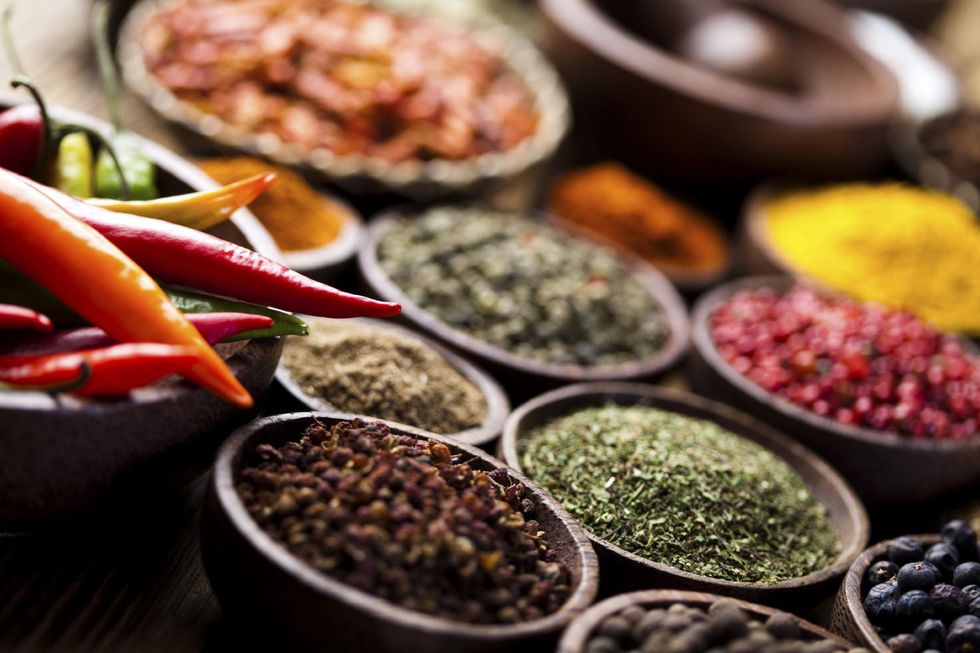
Common Mistakes People Make When Seasoning Food (and How to Avoid Them)


Seasoning and Why It Matters
Cooking can be a very exciting undertaking at any age. As with anything new, though, there’s always the chance you’ll make a serious mistake. With dinner on the line, it’s not a stretch to imagine why many would-be chefs avoid taking the plunge.
Seasoning, sadly, is often considered one of the more dangerous aspects of cooking. While seasoning can add complexity, it can also add much more; nutrition, texture, and flavor. Rather than avoid these benefits, it’s far better to simply learn how to avoid common mistakes when seasoning food.
The Danger of Under-Seasoning
For the most part, new cooks are terrified of over-seasoning. Of course, anyone who is unfamiliar with the strength of a spice will ultimately run the risk of over-seasoning. As a result, many start too small with their experiments or avoid bold spices entirely.
In truth, it is much worse to under-season than over-season food. Plus, adding essential flavor-boosters offers a wide variety of benefits. Besides making things tastier, spices add essential minerals, boost our diets in subtle ways, help our bodies fight disease and parasites, and help naturally preserve food. In addition to tenderizing meat, certain seasonings can also help promote emotional health, improve memory, suppress appetite, and boost health.
The Danger of Over-Seasoning
Despite the benefits of adding lots of spices to a dish, the danger of over-seasoning is still very real. Two of the most commonly misused additives are salt and heat.
One of the first things beginners are often taught about cooking is that once something is over-salted or over-spiced, it can never be saved. And it’s true: Even a hobby chef will make one or two mistakes before they fully understand how little salt is needed.
Heat can be much trickier, as different plants confer wildly different flavors and levels of heat. Learning the best measurements of black pepper, chipotle, rocket, cress, nasturtium, and many others can be intimidating. However, each spice adds its own unique property, and together, with some practice, these spices can raise a dish from average to excellent.
If you’re looking to learn how to use these spices, experimenting with inexpensive food like eggs, breads, and rice can be a great way to taste-test without risking a meal.
 How to season food: avoid these mistakesHacking Salt
How to season food: avoid these mistakesHacking Salt
The Importance of Sampling
Taste-testing is not just a suggestion. It’s key to understanding. So next time you cook, try each ingredient before adding it. Sample individual spices and rubs to get a handle on how varied levels of freshness and brands alter ingredients. Investigate recipes to get familiarized with typical and suggested measurements for spices, and then try those recipes to see if you would like to increase or decrease any flavors. Any chef’s real skill comes from their willingness to learn, experiment, and try.
Plus, there are so many beneficial and delicious spices that can instantly upgrade any new cook’s abilities. The most common mistakes while seasoning food are over or under-seasoning and forgetting to sample. Take care to avoid these three things and you’ll see your cooking skills soar by leaps and bounds.


